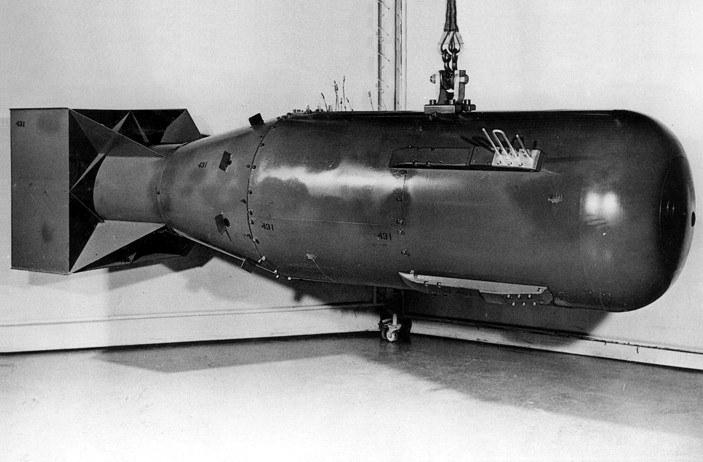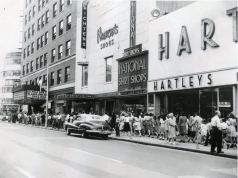Last month, President Joe Biden announced that every July 16 will be known as National Atomic Veterans Day.
In commemoration of the soldiers who took part in nuclear testing, the battles of Nagasaki and Hiroshima, and war prisoners during these conflicts, the government engraved their effort into posterity by honoring them on that date every year, moving forward.
A warhead nicknamed “Trinity” marked the first nuclear testing done by the U.S government on June 1945, and in the subsequent years, the government would exponentially increase the amount of nuclear bomb usage for testing and warfare purposes.
During its highpoint, the United States government conducted more than 200 atmospheric tests on home soil in the Southwest and in the Pacific. During the years 1946 through 1963, it is estimated that at least 200,000 American servicemen were directly or indirectly affected by radioactivity.

Aerial bomb testing, Nuclear fallout, and prolonged exposure to toxic residues on POWs are among the listed causes that affected soldiers during this period.
However, in favor of supporting American veterans, in 1966 the U.S Congress repealed the Nuclear Radiation and Secrecy Agreements Act, effectively permitting compensations and benefits for Atomic Veterans as gratitude for their service.
At the time, Repealing the act represented a massive turning point for atomic veterans, it meant the government they sacrificed their well being for was validating their effort through benefits given to them.
“Veterans exposed to radiation through their service-related activities were finally able to break their silence and qualify for select VA benefits and services,” Biden said during the Washington, D.C. ceremony. “Tragically, many Atomic Veterans passed away without ever receiving the health care they deserved and without their families knowing the true extent of their service.”
Biden described the proclamation as “one sacred obligation” the government failed to fulfill to their veterans, highlighting the renewed commitment the U.S has to the Atomic Veterans.
“It is a mistake our country must never repeat,” Biden said. “I am committed to ensuring that all of our nation’s veterans and their families, caregivers and survivors have timely access to the services, medical care and benefits that they deserve.”
Biden’s proclamation wouldn’t be the first time a U.S president commemorates the Atomic Veteran’s effort. In 1983, former President Ronald Reagan decided to make homage to them proclaiming their patriotic effort as “Americans who through their participation in these tests helped lead the United States to the forefront of technology in defense of our great nation.”
“In honoring these veterans, let us rededicate ourselves once more to our national goal of a world at peace in which nuclear war is unthinkable,” Reagan said at the time.
However, the proclamation made by Reagan lasted just one day. It would be 32 years until, in 2015, the Virginia House of Delegates made it so that the commemoration should occur every year, but only in that state.
Seven years later, Biden took it a step further, honoring and officializing their legacy with their own day each summer.
“We renew our commitment to supporting Atomic Veterans and to preserving their stories,” Biden said during the commemoration, “so that Americans will always remember both their crucial role in our history and our aspiration for a world without nuclear weapons.”
































